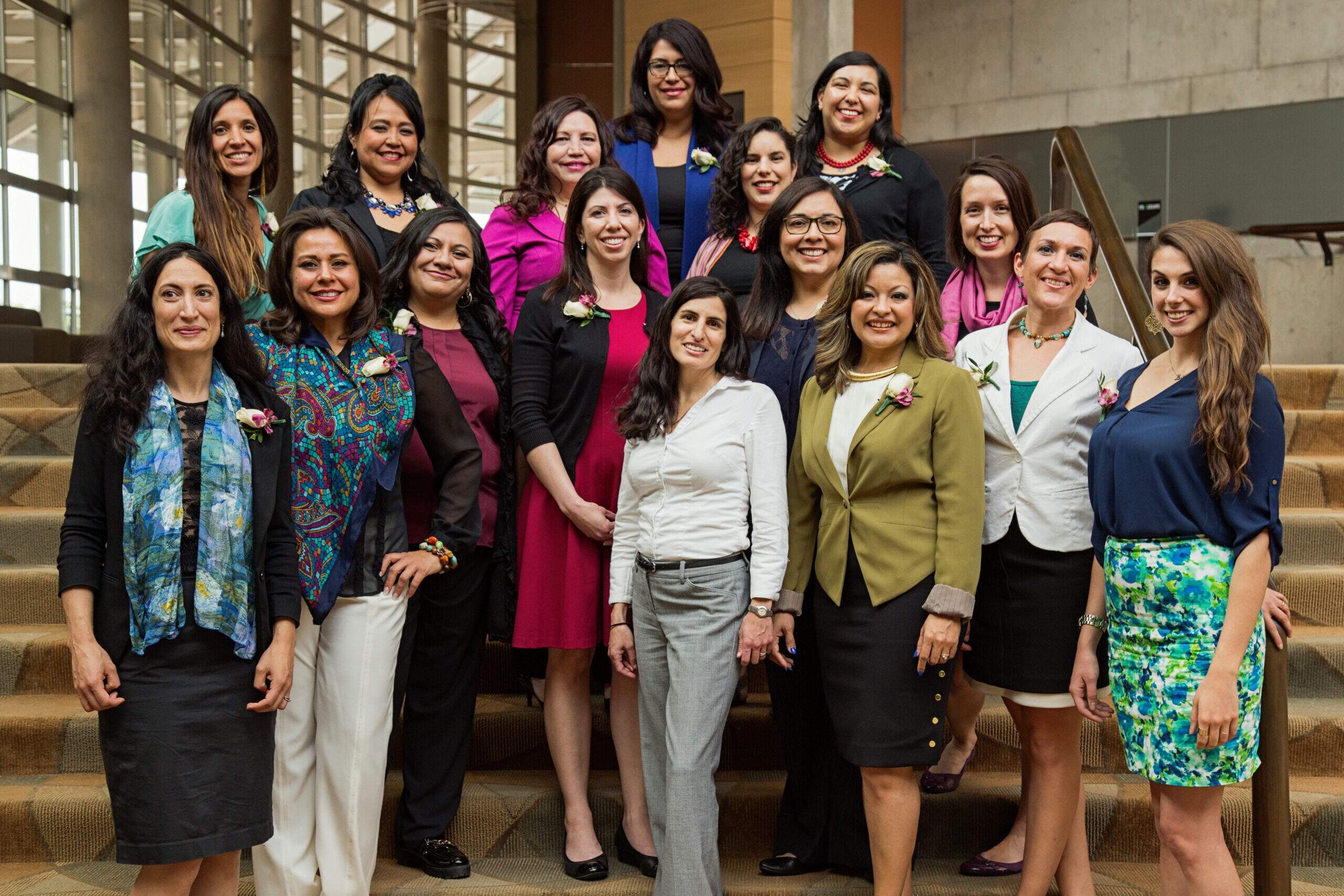
Denver Foundation

Audio By Carbonatix
When most people think of a philanthropist, they think of an older, wealthy white man, giving away his accumulated wealth at the end of his life. We think of men like Carnegie, Rockefeller, Ford and Gates.
But from my experience, that is not only what philanthropy is. Philanthropy isn’t limited to the upper echelons of society, and you don’t need to be someone who can donate millions or have your name on a building for your philanthropy to matter to someone else. Although my parents would never be listed among such philanthropic aristocracy as Carnegie or Ford, they were the first philanthropists I knew.
My parents arrived in the U.S. as Cuban refugees in the early 1970s with very little material wealth or possessions. But, like so many of their generation who fled the communist island in the early years of the Cuban Revolution, they brought a tireless work ethic and a deep-rooted commitment to helping others. This was most pronounced in their dedication to helping family members who stayed in Cuba or who were joining our family in Miami, the heart of the Cuban Exile community. Over the years, this generosity extended to neighbors in an expanding circle of similarly situated Cubans starting afresh in a new country.
In those early years of exile, my parents worked two jobs. During the day, my dad worked in a factory and my mother worked in a medical lab. On most nights, they left for their second job cleaning an office building while I stayed with my great aunt, watching Happy Days or Mexican telenovelas. This exhausting schedule left little time or excess income to participate in the type of philanthropy usually associated with the term.
Instead, my parents sent remittances to family in Cuba and lent money to relatives in Miami trying to start businesses; when anyone in our tight-knit circle was sick, my mother would send me with a plate of food. Meanwhile, my dad supported charitable organizations that sent solicitations in the mail with small donations, $2 or $3 at a time. These groups spanned from Catholic organizations to Native American tribes in the Dakotas.
My parents’ charitable acts are not unique. The truth is, philanthropy has always lived in our communities. It’s the parents who volunteer at their church or mosque every weekend, the grandmother cooking meals for a sick neighbor, the families who give what they can out of love and responsibility, not recognition.
The instinct to help others and build communities where everyone thrives is woven into Latino culture and that of other communities of color. These types of giving practices, however, are not usually considered “philanthropy” and are not supported or incentivized by tax codes that reward only contributions to tax-exempt nonprofit organizations.
When we define philanthropy so narrowly, we erase entire communities of givers, especially communities of color, immigrants and working-class families — we ignore the generosity that has sustained mutual aid networks long before philanthropy was formalized.
This “informal” philanthropy is exemplified in the generosity of women throughout Colorado’s history, including Chipeta, Madam C.J. Walker and the women of LatinasGive!
In Colorado, the spirit of generosity and selfless caretaking woven through Indigenous culture is exemplified by the life of Chipeta, wife of Ute leader Chief Ouray. Chipeta’s generosity was displayed when she sent a tepee to shelter survivors of the Meeker party attack and later welcomed the released hostages into her home, where she fed and comforted them.
One-time Denver resident Madam C.J. Walker, the first self-made Black female millionaire, used her considerable wealth to support the educational and social service needs of African Americans, particularly Black women like herself. For Walker, it was essential not to wait until one was wealthy to give, but to give as soon as possible, and to increase one’s contributions when able, as she did.
Today, the 100+ members of our LatinasGive! giving circle pool funds and invest in organizations supporting recently arrived immigrants and mentoring Latino students. LatinasGive! also emphasizes the importance of volunteering and making connections within their networks to further the group’s objectives and a broader definition of what it means to give and be a philanthropist. Such formal and informal contributions have created a platform for lasting impact beyond what each individual member could do alone.
These women provide examples of how Colorado could lead the way. Our communities do not get enough recognition for their generosity. While many do not consider themselves philanthropists, they are, in fact, philanthropists. It’s time to reclaim philanthropy as a shared human value, not just a privilege of the wealthy.
Volunteer. Help your neighbors. Give what you can and grow your giving over time.
We are all philanthropists.
On weekends, westword.com publishes opinion pieces on matters of interest to the Denver community; the opinions are those of the authors, not Westword. Have one you’d like to submit? Send it to editorial@westword.com, where you can also comment on this piece.